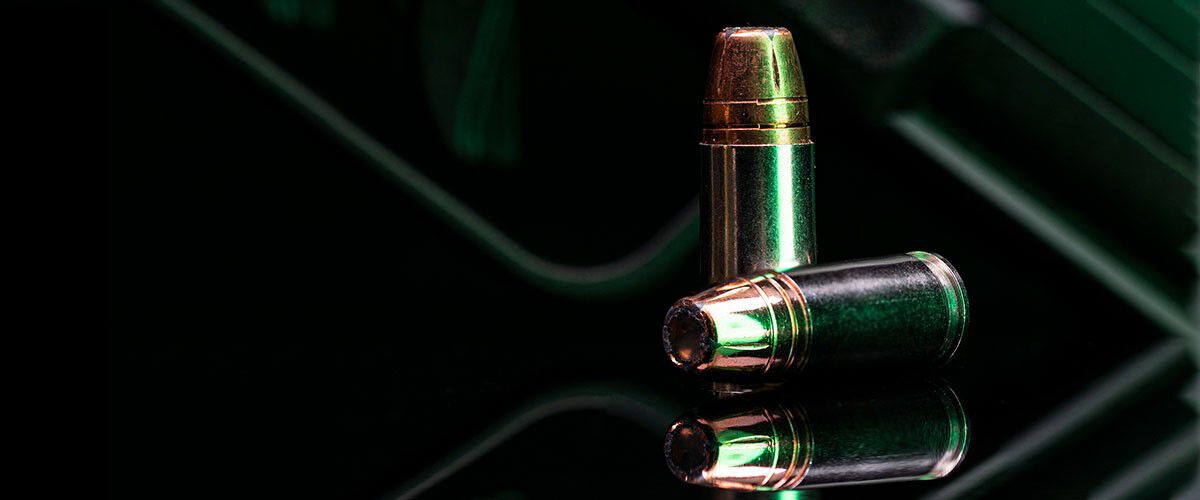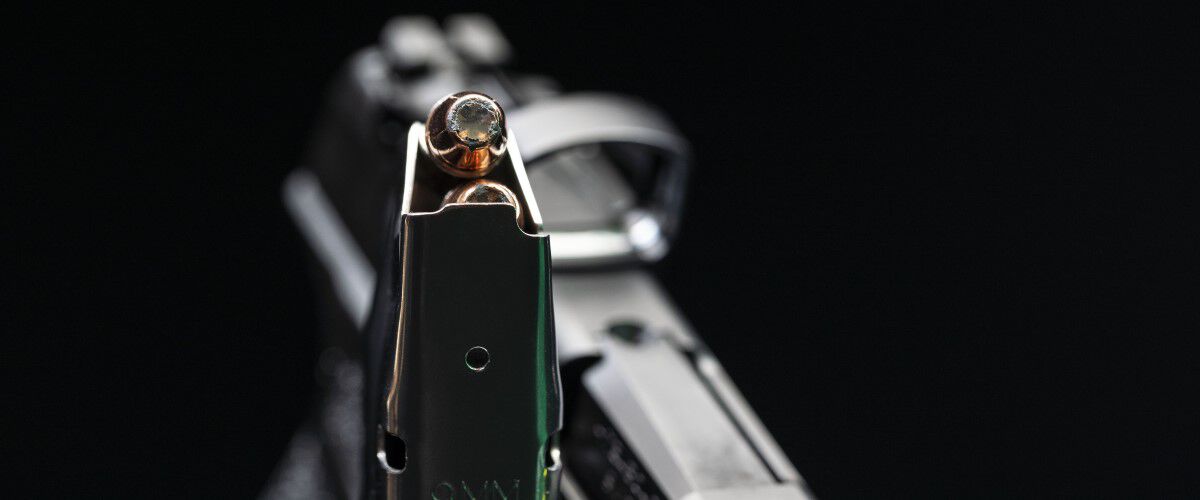Choosing The Right Self-Defense Bullet
By Brad Fitzpatrick

One of the most hotly contested debates in self-defense is whether the 45 Auto or 9mm Luger is a better cartridge. For years, shooters have chosen sides, but could it be a moot point? Could bullet selection be more important than caliber?
I think there’s sufficient evidence that bullet design is at least as important. After the 1986 Miami shootout, the FBI started looking closely at bullet performance and gel and barrier test results became common topics of conversation. We’re decades removed from those initial experiments and there’s ample data to demonstrate that bullet performance isn’t simply a matter of bore diameter and kinetic energy. Bullet construction is crucial because it is effects penetration, but how do you know which defensive bullet is best for you?
How Self-Defense Bullets Work—And Why It Matters
A bullet strikes the target with a certain amount of kinetic energy, but how that energy is transferred is a critical element in defense. Full metal jacket bullets, which are often sold in bulk and reasonably priced, are not suitable for defense because the jacket, which is usually made of copper, prevents expansion and causes the bullet to over-penetrate in a straight line. This creates a small, ineffective wound channel and risks hitting bystanders.

Jacketed hollow point bullets perform better in gel tests because they expand, creating a larger wound channel. The bullet isn’t as likely to over-penetrate, and all of its energy is expended in the target.
Speer’s Gold Dot bullet was the first bonded-core defensive handgun bullet. Bonding, the process of affixing the jacket to the lead core of the bullet, results in more reliable performance and energy transfer because it prevents the lead core from separating from the jacket. Force imparted within the nose of a hollow point bullet causes the jacket and core to expand. Skiving, or thin cuts in the bullet’s jacket, initiate this expansion and cause the bullet to expand in a reliable fashion. Skiving is visible in Speer iconic Gold Dot.
What Bullet Will Work For You?
There’s no need to pour over all the ballistic data and gel test results every time you buy a self-defense load. However, it is a good idea to seek out a bullet that is exclusively designed for protection. It’s also important to consider the barrel length of your carry gun. Many cartridges that are designed to perform well in FBI tests are engineered to work in guns with 4- to 5-inch barrels. If you’re carrying a pistol with a short barrel, consider a round designed for compact pistols. Good options with proven track records include and Speer Gold Dot Carry Gun and Gold Dot Short Barrel.
The top self-defense ammunition costs more than target ammunition, but when you consider how important bullet performance is in a life-threatening encounter then the added investment is worthwhile.